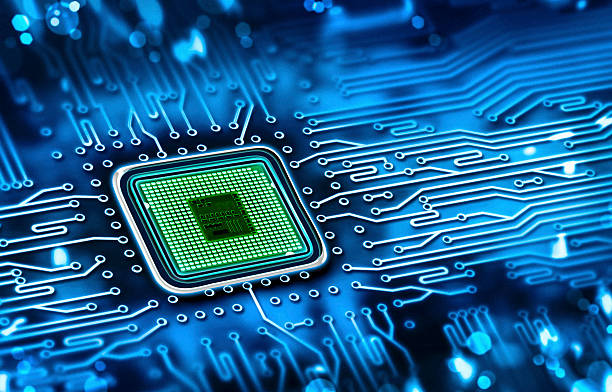CHIPS act passes in the House of Representatives

microchip integrated on motherboard
WASHINGTON D.C. – The CHIPS and Science Act passed in the House of Representatives on Wednesday July 27th. The act is aimed at increasing the U.S. manufacturing of semiconductor chips.
The bill is now heading to the desk of President Biden. In a statement from the White House He said “I look forward to signing this bill into law and continuing to grow our economy from the bottom up and middle out for working families all across the country”
The demand for chips in the U.S. is greater than the supply, and supply chain issues, as well as pandemic shutdowns overseas, are making it harder for the few chips available to make it into America.
The goal of the bill is to create jobs and lower prices on goods that require semiconductor chips. Reducing the U.S.’s reliance on foreign made goods as most chips are made in Taiwan.
The bill has bipartisan approval, with many lawmakers citing national security, the economy, and creating jobs as reasons they support it. But it’s not without its critics on both sides of the isle.
Senator Bernie Sanders (D) of Vermont has criticized the bill saying “The microchip industry helped cause this crisis by, over the last 20 years, shutting down 780 plants here and eliminating 150,000 good–paying jobs.”
Senator Mike Lee (R) of Utah said “The poorer you are, the more you suffer. Even people well–entrenched in the middle class get gouged considerably. Why we would want to take money away from them and give it to the wealthy is beyond my ability to fathom.”
It remains to be seen as to what impact the CHIPS act will have on the Upper Peninsula. The U.P. is home to the United States only nickel mine, a component in semiconductor manufacturing. If the demand for rare earth metals like nickel and copper grow in domestic markets, it’s likely the U.P. will see its mining industry expand.
